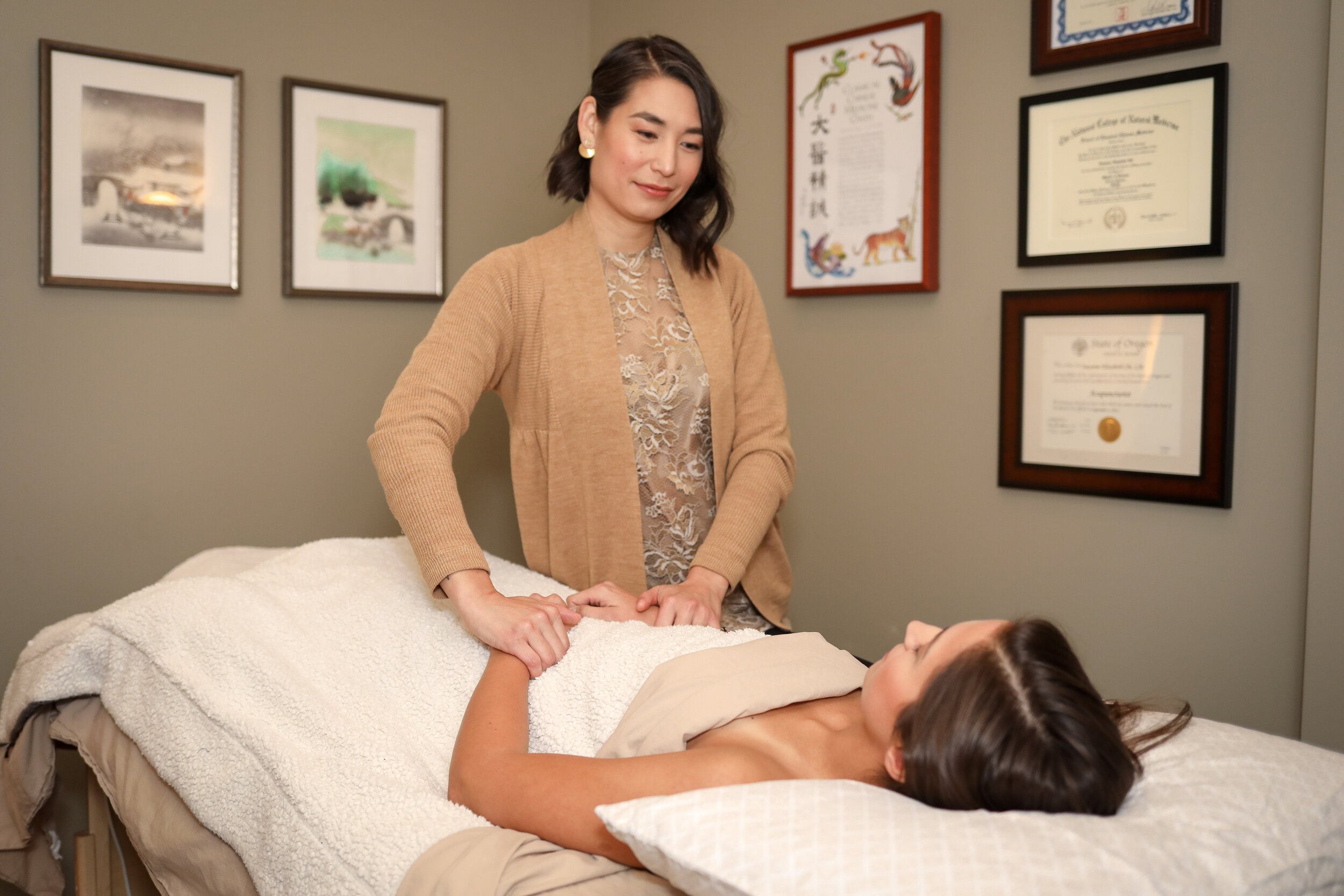Auto Accident FAQs
Many people wonder what to do and who pays for services associated with personal injury claims including motor vehicle accidents. Below are some helpful answers. You can also contact us if you don't see the answer below.
Who pays for my treatments when I get in an auto accident?
The state of Oregon requires all insured motorists to carry Personal Injury Protection (PIP) coverage. This coverage ensures that if you're ever in an auto accident, the insurance company for the car you were in will be paying the medical bills and for any lost wages. You are also covered if you were involved in an auto accident as a pedestrian or a bicyclist. Motorcycle insurance policies are not required to carry PIP coverage. Not only does PIP cover the cost of your treatment, but if it is determined that there are medically necessary supports that would facilitate your path to recovering from the trauma (such as herbal medicine, a cervical pillow, foam roller, etc.) they can be provided at no cost to you.
You will need to file a medical claim with the insurance of the vehicle you were in and sign a release to that insurance company to receive your medical records. You need to make sure to do this with your insurance company promptly after an accident if you are feeling any pain or repercussions from the collision.
Is there anything I need to avoid signing?
You should avoid signing a release for your medical information from the other driver's insurance company. Sometimes the other insurance company will try to use your medical records to persuade your own insurance company from paying for treatment you need from the collision.
What do I tell the adjuster from the other driver's insurance company?
When you are first speaking with the other driver's insurance they will ask you questions about the collision and what happened. They will also ask about your injuries and if you've had prior similar issues. It's okay to answer questions about how the collision occurred but you should speak with a lawyer prior to answering questions about your injuries.
How do I know if I need treatment?
After a car accident, any type of body ache or pain is an indication that an area has suffered damage. Common symptoms after an auto or bicycle accident include:
Difficulty with concentration or memory
Depression
Dizziness / Light-headedness
Pain or numbness in the arm and/or hand
Ringing in the ears
Blurred vision
Neck / Shoulder pain and stiffness
Headaches
Low back pain
Sensations such as burning or “pins and needles”
Irritability
Poor sleep
Fatigue
We highly recommend that you visit us as soon as possible after an Oregon or Washington motor vehicle accident. Therapeutic assessment and treatment are most effective if started immediately after the accident. We will evaluate and determine the best type of care for you. Acupuncture treatments, chiropractic treatments and massage therapy (with a referral from a Dr. or Chiropractor) are included under PIP.
How do I ensure I make a full recovery?
Make sure that you discuss all your injuries with each provider (even if they are outside your provider's scope of practice) - this includes emotional symptoms you may experience. A full recovery is important so make sure you follow the advice of your providers, especially when it comes to your treatment plan and home exercises. Keep your appointments and make sure they are scheduled according to your plan.
What is an IME?
An IME is an Insurance Medical Exam. If the insurance company wants to send you to an IME, let all of your medical providers know right away. Don't stop treatment because of an IME and consult a lawyer before stopping treatment after your IME. Remember that the doctor at the IME is paid by the insurance company in the interest of the insurance company and their goal is to find a reason to stop paying for your treatments.
Do I have to go to the IME and can someone go with me?
Insurance cannot make you go to the IME, but if you don't, they will not pay for your treatments. You can take someone with as a witness who can take notes but they may not say anything during the exam.
How should I answer the IME doctor's questions?
You should be honest about how you are feeling at the time of the exam. Don't exaggerate your symptoms but only answer the questions you are asked. Don't volunteer information but let the doctor know if you are continuing to improve with your current care regime. If you don't know the answer to a question, it's okay to say that you don't know. Don't make up an answer.




